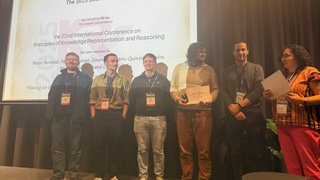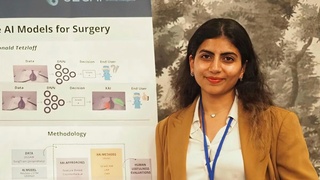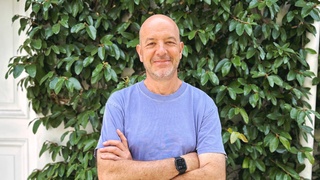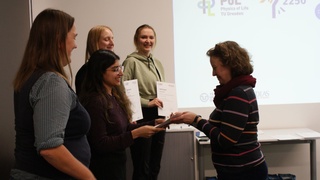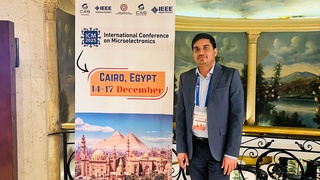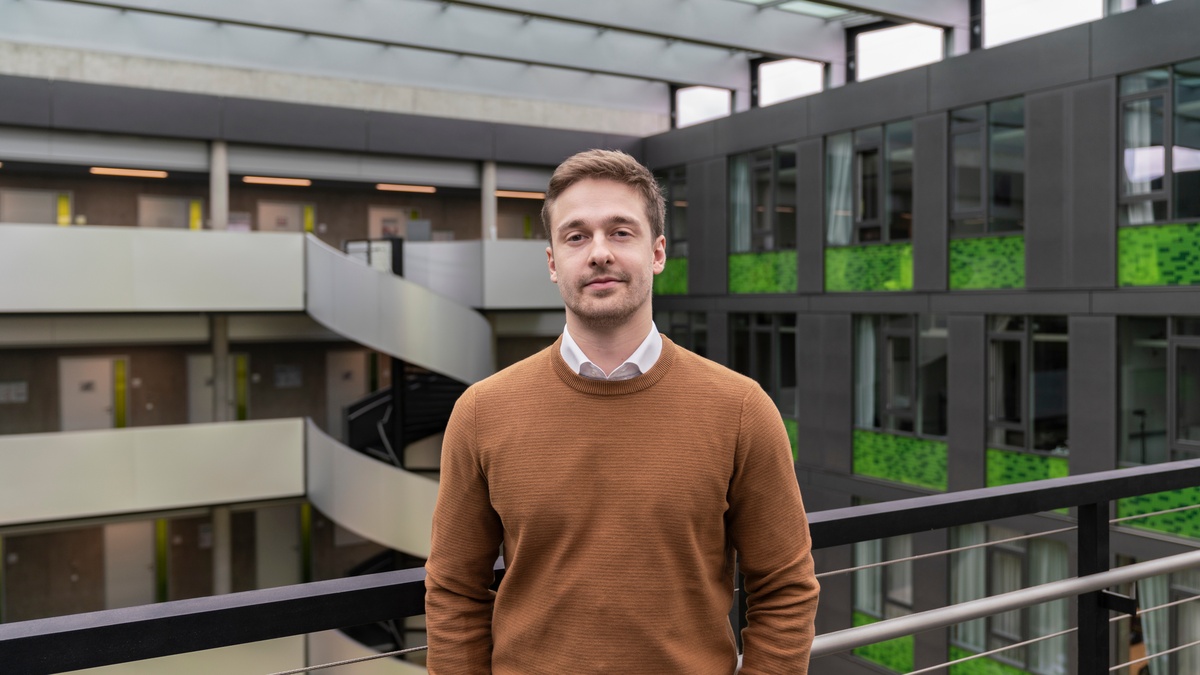
October 3, 2024
Martin Bogdan and Partick Schöfer Initiating Interdisciplinary Discussion in Waterloo Canada
This July, Prof. Dr. Martin Bogdan and PhD candidate Patrick Schöfer initiated a research discussion at the University of Waterloo in Canada. Their visit, aligned with their ongoing investigation into whether Machine Learning (ML) can experience a state of boredom, facilitated a valuable interdisciplinary exchange with Prof. Dr. James Danckert, an expert on the psychological aspects of boredom. The collaboration aims to bridge the fields of artificial intelligence and psychology, fostering deeper insights through joint publications and continued research exchanges in the future.
Boredom is a state that humans experience – not as laziness – but as a condition of wanting. It signals a mismatch between what is currently happening and an individual’s expectations, indicating that the current situation does not meet their desires or interests, leading to dissatisfaction. This is central to Patrick Schöfer’s PhD research, which explores whether ML, designed to mimic the human brain’s intelligent processing of information, can experience a state of boredom in a similar way to humans. Thus, gaining more interdisciplinary insights into the psychological perspectives on boredom is crucial. The discussion with Prof. James Danckert explored how knowledge from psychology can be translated into AI, specifically regarding what boredom might mean in the context of artificial intelligence. Another objective was to model the regulatory mechanisms of boredom in bio-inspired information processing, highlighting the potential for deeper collaboration between these fields.
Patrick Schöfer is part of Prof. Dr. Bogdan's research group, which focuses on Spiking Neural Networks, particularly in synaptic transmission using the Modified Stochastic Synaptic Model (MSSM) and appropriate learning models. Their work has applications primarily in health systems, including Brain-Computer Interfaces and stroke rehabilitation, as well as in industrial contexts. The interdisciplinary nature of their research makes it crucial to engage with experts from diverse fields. “For me personally, it was very helpful and inspiring, as we were able to discuss and exchange ideas with an experts in psychology. We were also able to create a basis for possible cooperation, which is very helpful for our project.” Patrick Schöfer noted.
